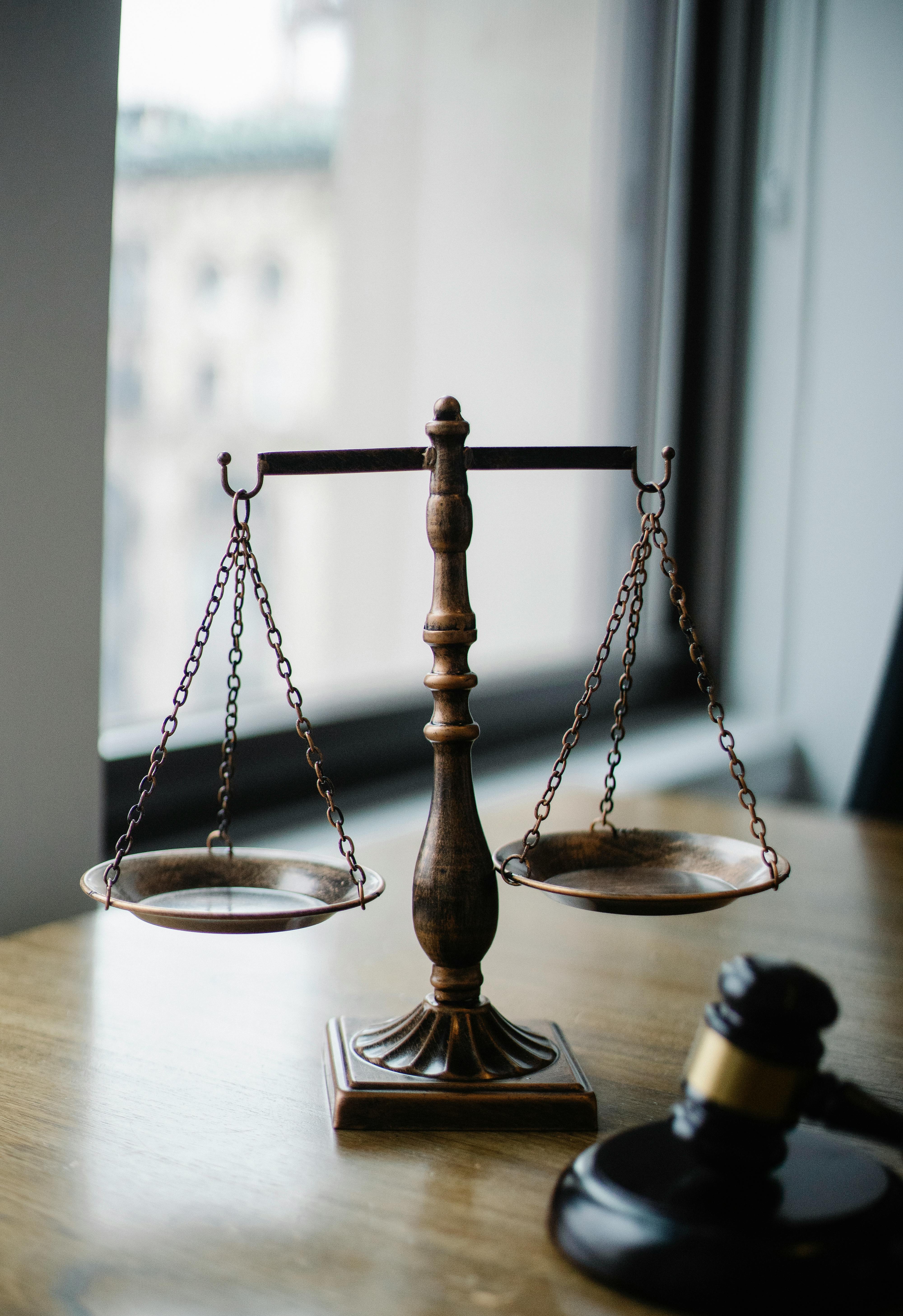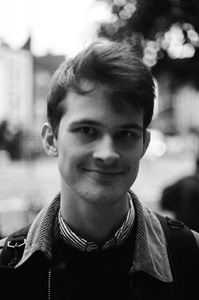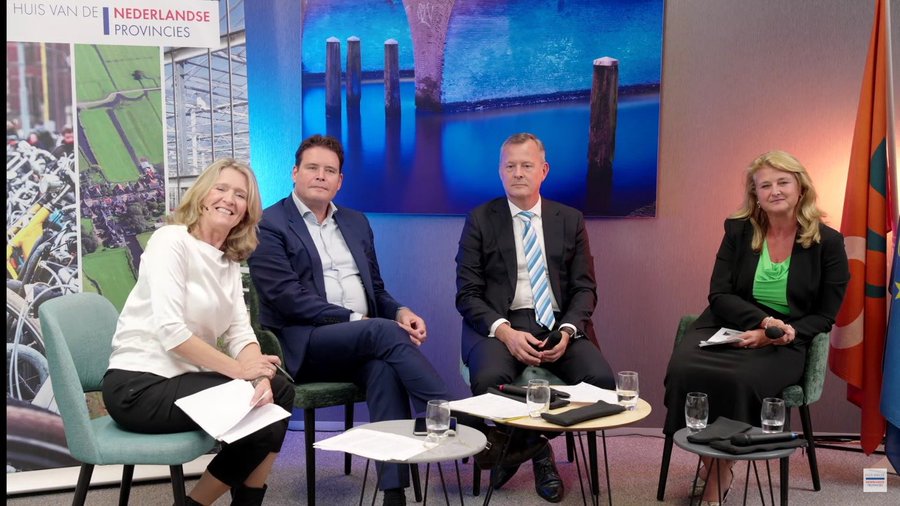Drones and the law
They can do it already: deliver pizzas and medicines, inspect windows for cleanliness, monitor crowds. And all that autonomously, without a human driver. But how do you ensure that drones comply with laws and regulations? Professor of Private Law and technology expert Gijs van Dijck translates legal rules such that drones can understand and implement them. “For the time being, I don’t envisage an airspace full of swarms of drones.”

Gijs van Dijck is in teacher mode. Do I know what the drone’s natural enemy is? No, I say—I didn’t realise it has enemies. Tech haters, perhaps, or activist opponents? People who fear it will land on their heads? Wrong. The correct answer is breeding birds; they tend to mistake drones for birds of prey and go on the attack. “The pilot then extracts the drone from the area,” Van Dijck explains. “You don’t want to kill birds, nor do you want to damage the drone.”
This was an unexpected discovery during a series of test flights at the High Tech Campus in Eindhoven, carried out by companies and researchers such as Van Dijck. The drones operated independently; instead of a human pilot giving commands, the driving was done by software. Some drones checked whether windows were due for a wash, others experimented with pizza delivery and the detection of unauthorised persons. “The aim was to see whether the infrastructure works and whether it’s possible to make a business case that people want to invest in,” Van Dijck says. The Eindhoven trials kicked off a series of demonstrations in five European cities, in which drones will perform tasks like observing crowds and transporting medicines.
Gijs van Dijck is professor of Private Law at Maastricht University’s Faculty of Law, director of the Maastricht Law and Tech Lab and a researcher at the Brightlands Institute for Smart Society. He integrates legal, empirical and computational methods to better describe, understand, apply and evaluate the law.
Liability
What a drone may or may not do is largely regulated in what Van Dijck describes as drone-specific legislation. These are rules that apply throughout Europe, and regulate not only technical specifications (weight, speed, wingspan) but also the actual flying of the drone. Hobbyists need a kind of driver’s license, and not all types of drones are allowed to fly everywhere. “You’re not going to get permission during an André Rieu concert on the Vrijthof.” At some of the testing locations, the requirements are even more demanding; the High Tech Campus Eindhoven is located near an airport and military base. And at the demonstration in Zaragoza, drones will fly above a large crowd. “The organisers are obliged to inventory the hazards and mitigate them wherever possible. Sometimes you also have to ask permission to launch and announce it when you do.”
Other risks are covered by generic legislation and regulations. For example, various liability laws apply to drone use, although open questions remain. Who is responsible if a pizza—or the drone itself—falls on someone’s head? “In the case of an independent drone, this is a thorny issue. Is the operator or the client liable? Or both?” Liability also exists for movable assets, but aircraft are excluded. Is the drone an unmanned aircraft? “We try to interpret and answer these kinds of questions from a legal perspective.”
Privacy law
In the domain of privacy law, existing rules cover issues relating to mass surveillance or the possible use of drones for facial recognition. The research group encountered problems in this area when inspecting the window glass in buildings. “How do you instruct a drone to check the windows, but not to record what’s going on behind them? The drone has to be taught what it can and can’t do in this case.”
Van Dijck was asked to join the project for his expertise in the field of innovative technology. He is director of the Maastricht Law and Tech Lab, an interdisciplinary research group composed of lawyers and computer scientists. They use data science and artificial intelligence, such as machine learning, to better understand and apply the law. “In all modesty, we’re one of the few research groups worldwide that can do this. We have the required legal and technical know-how.”
Swarms of drones
What will fly above our heads in the world of tomorrow? A decade from now, will the skies be filled with drones? Van Dijck thinks things are unlikely to change that fast. Any breakthrough hinges on the business prospects of automatic drones. Is a home-delivery pizza drone cheaper than a normal pizza delivery? “The effect of technology is often overestimated in the short term and underestimated in the longer term. I think this is the case with drones too. I don’t see us looking up in ten years and sighing: busy day up there! But at some point, that day will come.”
Text: Hans van Vinkeveen
Photography: Philip Driessen

Also read
-
A team of researchers at the Law & Tech Lab is exploring an AI-assisted solution that makes legal assistance more accessible to everyone. Think of difficult contracts with legal language, explained in plain language or summarized for easy understanding. The exploration of this tool comes with a few...
-
On January 28th, Konrad Kollnig, assistant professor in the Law & Tech Lab of the Law Faculty, was awarded this years’ Stefano Rodotà Award. His thesis conducted a technological and legal study into mobile apps on how to improve data protection in practice.
-
27 September 2023, Brussels | “The green transition in mobility is going well, but it could be a lot better. Until 2040 and 2050, the infrastructure we need to build, will be impossible to achieve on an individual level.” With this conclusion, Turi Fiorito director of the European Federation of...


